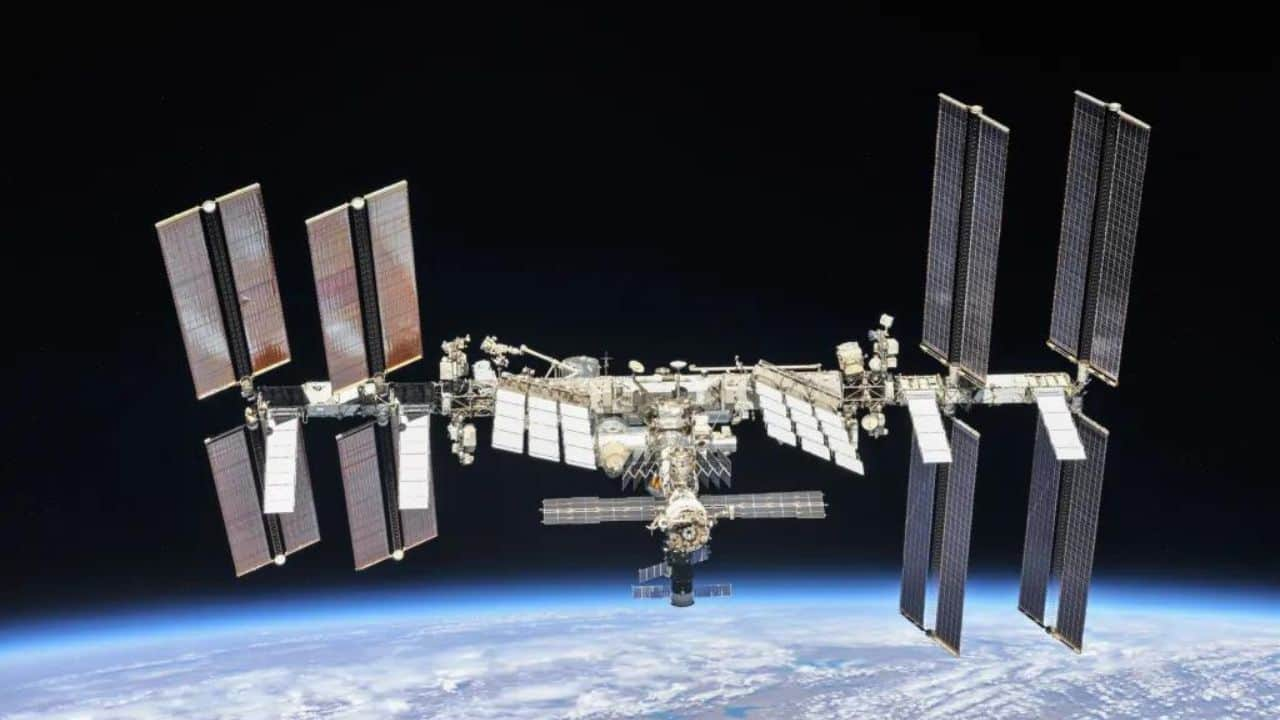
ELON MUSK'S SPACEX BAGS $843 MILLION NASA CONTRACT TO CARRY ISS TO ITS WATERY GRAVEYARD: HERE'S HOW IT WILL WORK
Nasa has selected Elon Musk's company, SpaceX, to develop a vehicle that will carry the International Space Station (ISS) back through Earth's atmosphere and on to a final resting place in the Pacific Ocean after the end of its operational life in the year 2030.
As part of the contract, SpaceX has been selected to develop and deliver the 'US Deorbit Vehicle' that will provide the capability to deorbit the space station and ensure avoidance of risk to populated areas.
The announcement was made by the space agency on Wednesday, where it also mentioned that the single-award contract has a total potential value of $843 million.
“Selecting a US Deorbit Vehicle for the International Space Station will help Nasa and its international partners ensure a safe and responsible transition in low Earth orbit at the end of station operations. This decision also supports Nasa’s plans for future commercial destinations and allows for the continued use of space near Earth,” said Ken Bowersox, associate administrator for Space Operations Mission Directorate at Nasa Headquarters in Washington.
While Elon Musk's company will develop the deorbit spacecraft, Nasa will take ownership after the development and operate it throughout its mission.
ISS, which weighs about over 4,00,000 kilograms, is the largest humanmade object ever to orbit Earth. The intended life span of ISS has been extended several times. Since several elements are now beyond their originally intended lifespans, analyses are conducted periodically to ensure the Station is safe for continued habitation and operation.
Since 1998, about five space agencies -- Canadian Space Agency (CSA), European Space Agency (ESA), Japan Aerospace Exploration Agency (JAXA), National Aeronautics and Space Administration (NASA), and State Space Corporation Roscosmos, have operated the ISS with each agency responsible for managing and controlling the hardware it provides.
The station was designed to be interdependent and relies on contributions from across the partnership to function. "The United States, Japan, Canada, and the participating countries of ESA have committed to operating the station through 2030. Russia has committed to continued station operations through at least 2028. The safe deorbit of the International Space Station is the responsibility of all five space agencies," said an official statement.
2024-06-27T06:33:42Z dg43tfdfdgfd